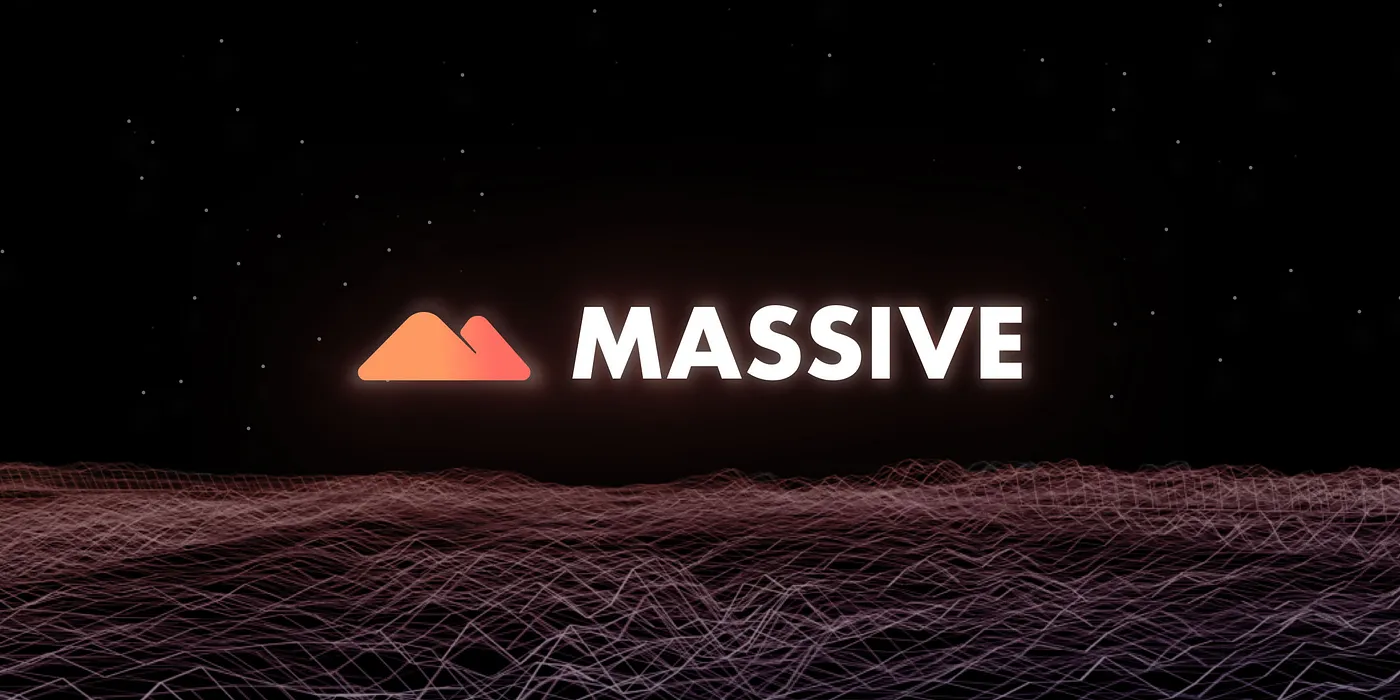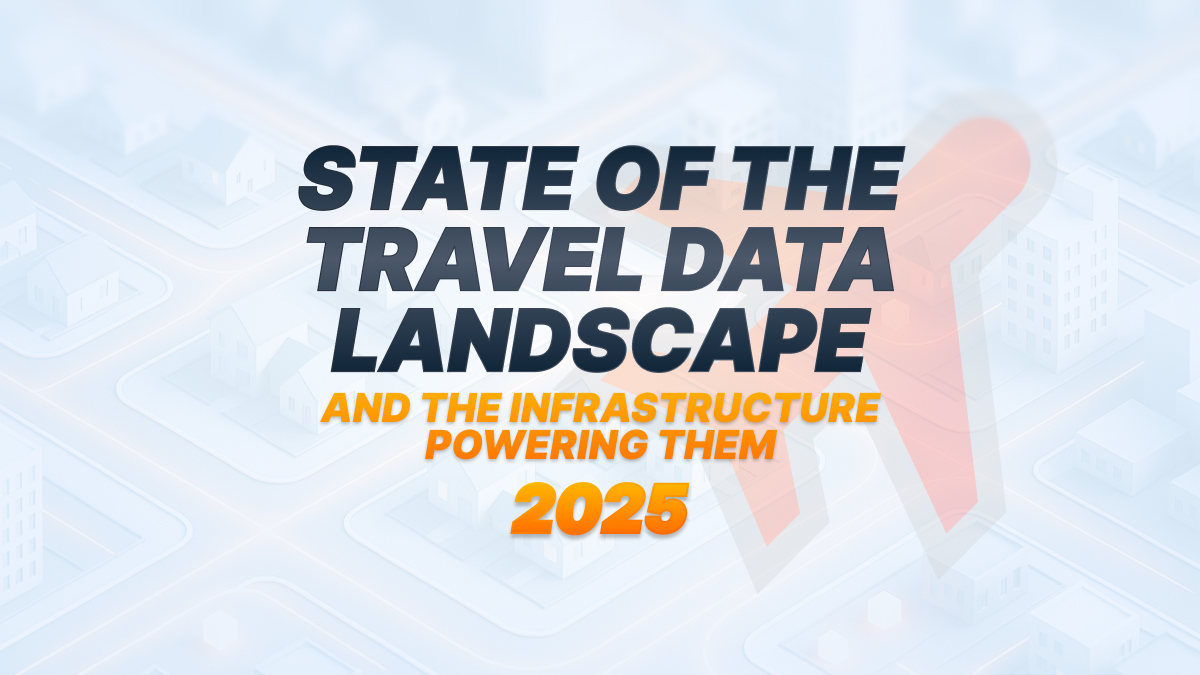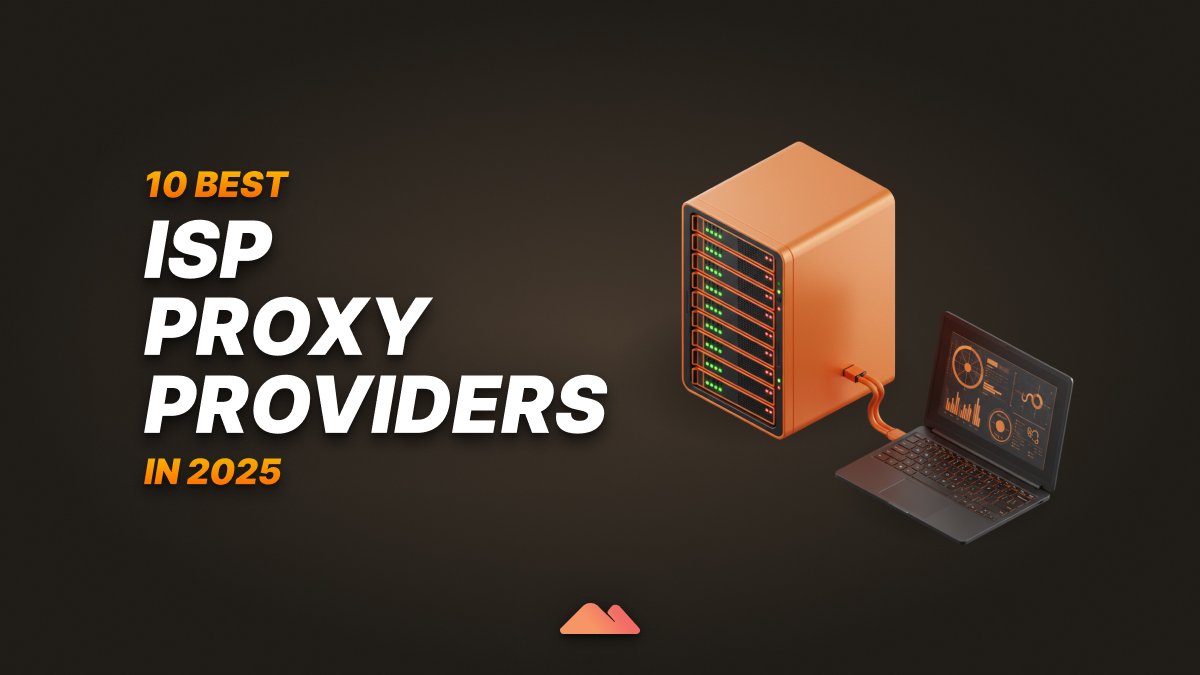TL;DR
Massive is the superior choice for enterprises that demand top-tier performance, verifiable ethical sourcing, and transparent pricing. With a 99.87% US residential success rate and 100% ISP proxy performance on Google, it's ideal for performance-critical applications like AI/ML data collection and high-stakes web scraping.
Infatica is a budget-conscious option for users who need basic proxy functionality at lower costs but can accept significantly reduced performance on challenging targets. While it offers competitive global coverage, its ISP proxies struggle with major platforms like Amazon (15.67% success rate).
What Is Massive?
Massive is a US-based company that entered the proxy market in 2024, quickly establishing itself as a performance leader. It prioritizes premium IP quality, verifiable ethical sourcing through AppEsteem certification, and transparent value-oriented pricing. Its infrastructure is optimized for speed and reliability, making it ideal for sensitive applications like AI/ML data collection.
What Is Infatica?
Infatica is a Singapore-based proxy provider founded in 2019, though its owners and staff are largely of Eastern European origin. The company positions itself as providing ethical proxies for business use cases, focusing on enterprise-grade solutions while maintaining competitive pricing for various data collection needs.
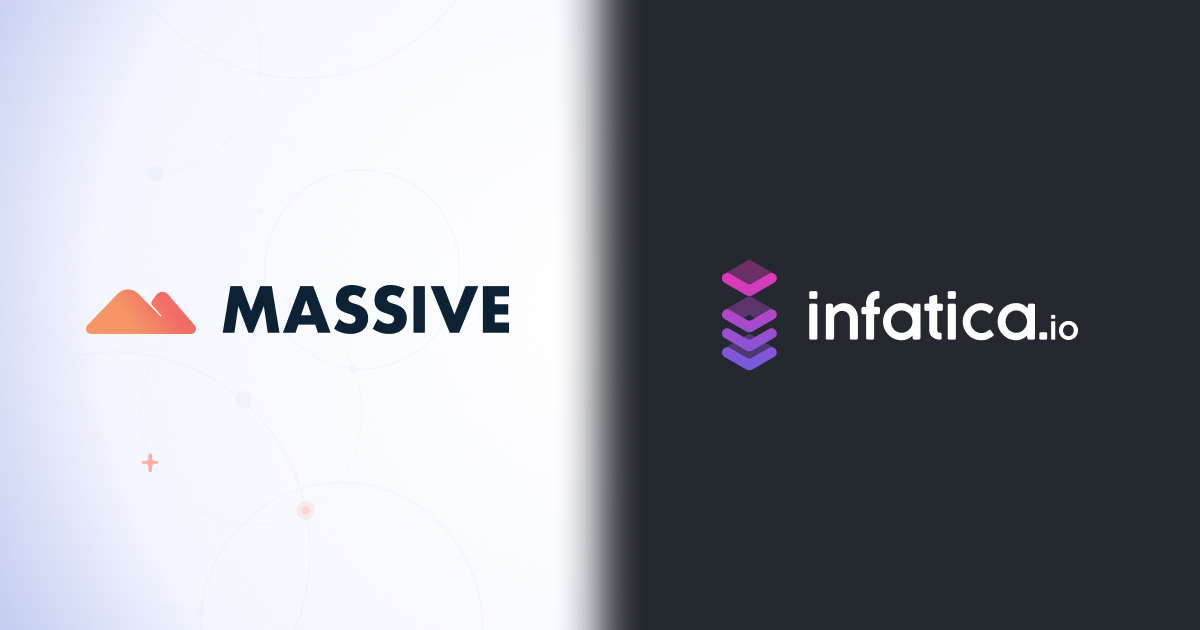
Massive vs. Infatica at a Glance
<table class="GeneratedTable">
<thead>
<tr>
<th>Attribute</th>
<th>Massive</th>
<th>Infatica</th>
</tr>
</thead>
<tbody>
<tr>
<td>Ethical sourcing & accreditation</td>
<td>AppEsteem-certified SDK, 100% opt-in</td>
<td>Claims ethical sourcing, no third-party certification</td>
</tr>
<tr>
<td>Proxy acquisition model</td>
<td>In-app opt-in SDK</td>
<td>Undisclosed sourcing methods</td>
</tr>
<tr>
<td>Residential IP pool size</td>
<td>1.6M+ advertised</td>
<td>15M+ advertised</td>
</tr>
<tr>
<td>Residential success rate</td>
<td>99.87% (US) / 99.66% (Global)</td>
<td>99.35% (US) / 95.17% (Global)</td>
</tr>
<tr>
<td>Residential response time</td>
<td>0.67s (US) / 0.92s (Global)</td>
<td>0.8s (US) / 0.89s (Global)</td>
</tr>
<tr>
<td>Amazon / Google / Instagram success % (resi)</td>
<td>93.85% / 88.29% / 96.29%</td>
<td>95.44% / 94.43% / 95.50%</td>
</tr>
<tr>
<td>Amazon / Google / Instagram time (s) (resi)</td>
<td>3.68s / 4.56s / 3.97s</td>
<td>3.96s / 5.52s / 4.42s</td>
</tr>
<tr>
<td>ISP success rate on Amazon / Google</td>
<td>98.03% / 100%</td>
<td>15.67% / 75.6%</td>
</tr>
<tr>
<td>ISP response time on Amazon / Google</td>
<td>2.85s / 2.13s</td>
<td>3.15s / 2.7s</td>
</tr>
<tr>
<td>Sticky-IP window</td>
<td>1–60 min</td>
<td>1–30 min</td>
</tr>
<tr>
<td>Device filters</td>
<td>Desktop/mobile/TV</td>
<td>—</td>
</tr>
<tr>
<td>PAYG price per GB</td>
<td>$3.99</td>
<td>$3.00</td>
</tr>
<tr>
<td>Billing extras</td>
<td>Traffic rollover</td>
<td>Standard billing</td>
</tr>
<tr>
<td>Bandwidth rollover</td>
<td>✅ Yes</td>
<td>❌ No</td>
</tr>
<tr>
<td>KYC requirements</td>
<td>Optional (restricted targets)</td>
<td>Required</td>
</tr>
<tr>
<td>Usage restrictions</td>
<td>Blocks high-risk & adult content</td>
<td>Standard restrictions</td>
</tr>
<tr>
<td>Mobile proxy pool</td>
<td>Coming soon</td>
<td>Available</td>
</tr>
<tr>
<td>Other products</td>
<td>SERP API</td>
<td>Web scraping tools</td>
</tr>
</tbody>
</table>
*Sources: Proxyway 2025 Market Research, company websites
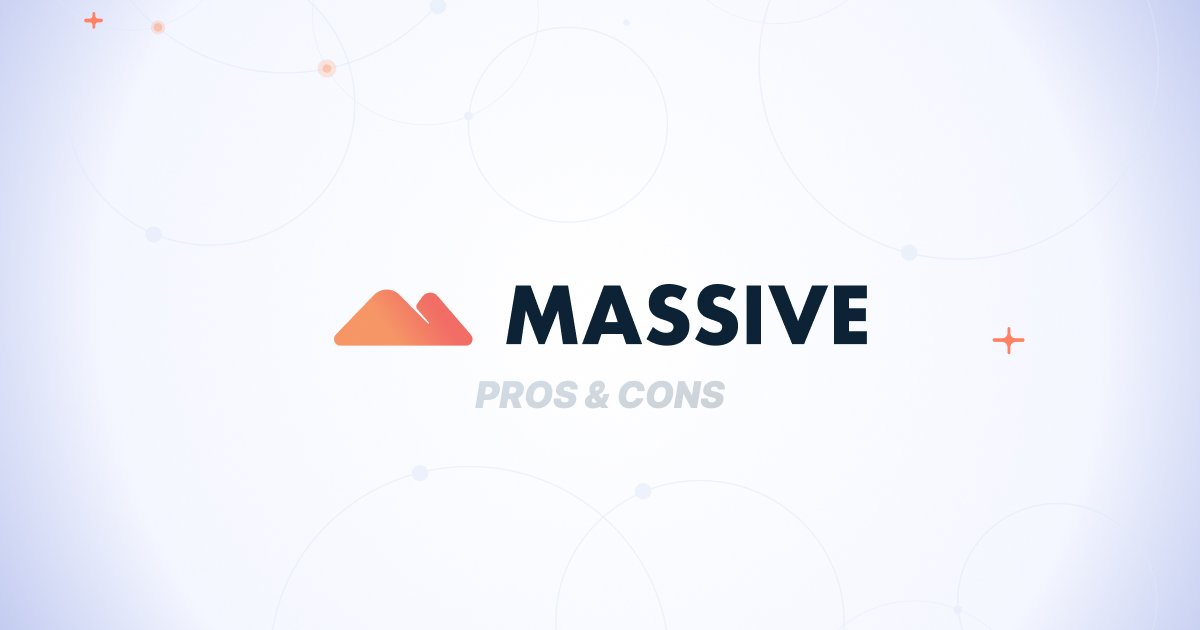
What Are the Pros and Cons of Massive?
✅ Pros
- Ethical & Compliance Certification: AppEsteem-certified network sourced via a proprietary SDK with explicit user consent, ensuring 100% opt-in, third-party-validated proxies.
- Superior Performance Metrics: Industry-leading 99.87% US residential success rate and exceptional 100% ISP proxy performance on Google, delivering reliable data collection.
- Low Latency Infrastructure: Average response times under 0.67s for US targets, built for speed and high-throughput scraping operations.
- Value-Oriented Pricing: Highly competitive pricing with a unique bandwidth rollover feature, ensuring customers never lose unused data allowances.
- Granular Device Targeting: Advanced filtering capabilities for desktop, mobile, and smart TV traffic, ideal for comprehensive ad verification and testing.
❌ Cons
- Smaller Advertised IP Pool: Approximately 1.6+ million IPs compared to Infatica's 15M+ pool, which may limit extreme geographic diversity requirements.
- Focused Proxy Portfolio: Concentrates on residential and ISP proxies; mobile proxies are still in development, unlike Infatica's broader offering.
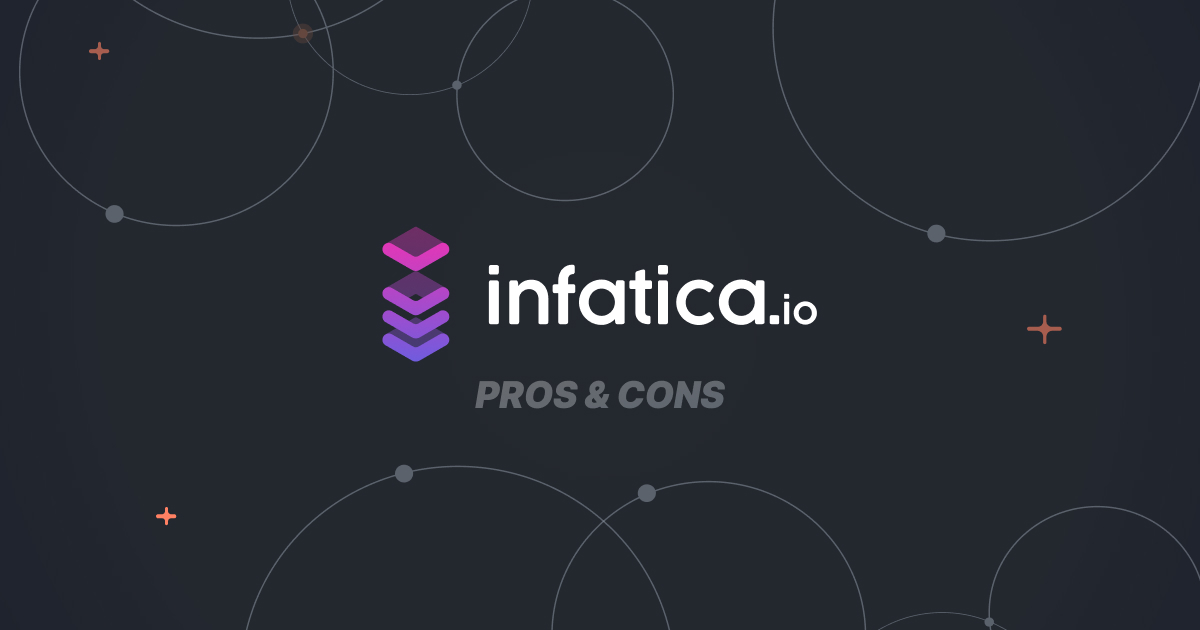
What Are the Pros and Cons of Infatica?
✅ Pros
- Competitive Pricing: Lower entry price point at $3.00/GB makes it accessible for budget-conscious users and smaller operations.
- Larger Advertised IP Pool: 10M+ residential IPs provide extensive options for geographic distribution and IP rotation strategies.
- Established Market Presence: Operating since 2019 with a stable platform and proven track record in the proxy industry.
- Mobile Proxy Availability: Offers mobile proxies for users requiring diverse IP types for comprehensive testing scenarios.
- Global Coverage: Extensive geographic reach across multiple continents and regions for international data collection needs.
❌ Cons
- Significantly Poor ISP Performance: Critical failure on major platforms with only 15.67% success rate on Amazon, making it unsuitable for challenging targets.
- Lower Global Success Rates: 95.17% global residential success rate falls substantially behind industry leaders, potentially impacting data collection reliability.
- No Bandwidth Rollover: Standard "use-it-or-lose-it" billing model can result in wasted spend for users with variable bandwidth requirements.
- Lack of Ethical Certification: No third-party validation of sourcing practices, which may pose compliance risks for sensitive data collection projects.
- Limited Advanced Features: Lacks sophisticated targeting options like device filtering and advanced session management capabilities.
Best Use Cases
Massive Is Best For Performance-Critical & Ethical Data Collection
Massive is the optimal choice for organizations requiring verifiable data provenance and industry-leading performance metrics. Its transparently sourced, high-quality IPs excel in AI/LLM training data collection, competitive intelligence gathering, e-commerce monitoring, and any application where success rates and response times are critical business factors.
Infatica Is Best For Budget-Conscious Basic Scraping
Infatica suits users with limited budgets who need basic residential proxy functionality for general web scraping tasks that don't involve challenging targets. It's appropriate for simple data collection projects where performance optimization isn't the primary concern and cost efficiency takes precedence.

我是Massive的联合创始人兼首席执行官。除了在创业公司工作外,我还是一名音乐家、运动员、导师、活动主持人和志愿者。
顾客评论
经常问的问题
Which provider offers better performance on challenging targets?
+
Massive demonstrates significantly superior performance, especially on high-block targets. Its ISP proxies achieve 98.03% success on Amazon and 100% on Google, while Infatica's ISP proxies struggle with only 15.67% success on Amazon, making Massive the clear choice for challenging scraping tasks.
Is ethical sourcing important for my business?
+
For businesses involved in AI/ML development, competitive intelligence, or operating in regulated industries, ethical sourcing is crucial. Massive's AppEsteem certification provides third-party validation of ethical practices, while Infatica lacks equivalent verification, potentially creating compliance risks.
Which service provides better value for money?
+
Despite Infatica's lower per-GB pricing, Massive offers superior value through its bandwidth rollover policy, higher success rates (meaning fewer failed requests), and faster response times. The combination of performance and rollover benefits often results in better cost-effectiveness for serious data collection operations.
Can I target specific device types with these providers?
+
Massive offers advanced device targeting capabilities, allowing you to route traffic through desktop, mobile, or smart TV peers for precise testing scenarios. Infatica does not provide device-specific filtering options, limiting its utility for comprehensive ad verification and testing workflows.
How do response times compare between the providers?
+
Massive delivers consistently faster response times across all metrics: 0.67s vs 0.8s for US residential proxies, and significantly better performance on major platforms. This speed advantage translates to more efficient data collection and reduced infrastructure costs.
